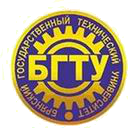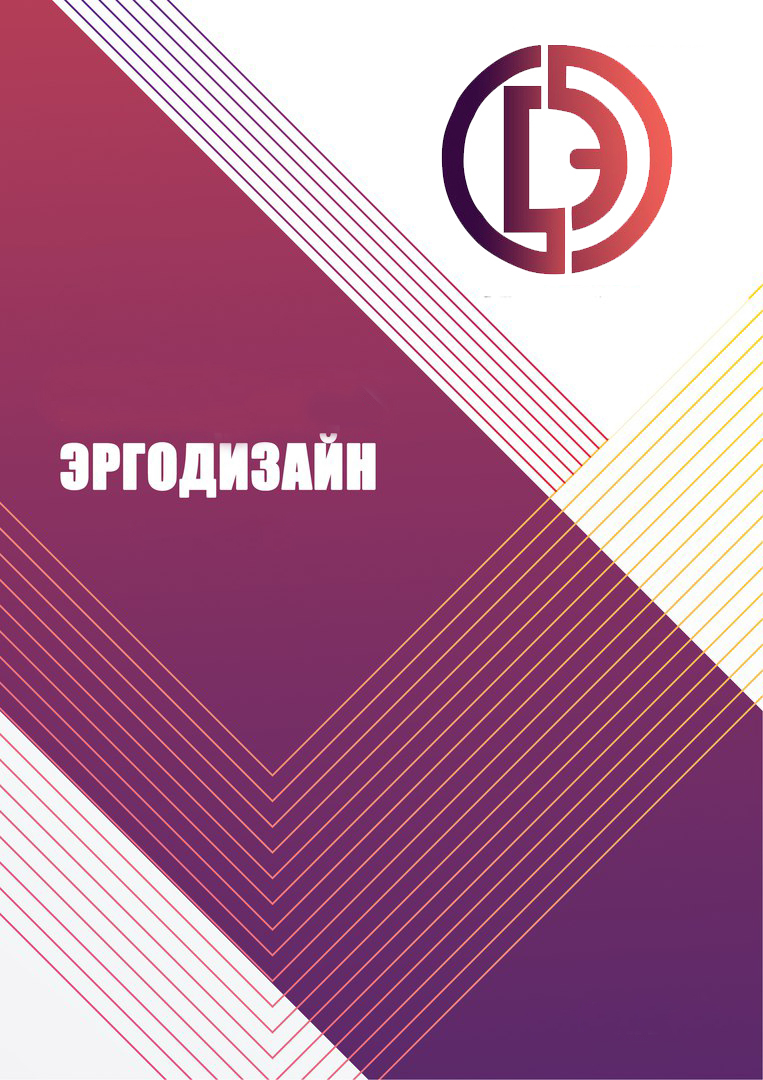from 01.01.1998 until now
Penza, Penza, Russian Federation
The versatility of the concept and the need to develop the culture of students’ intellectual activity as a way of adapting in the modern information space are shown. The article considers the features of designing a joint cognitive system “The teacher – educational information – the student” as a condition for developing the culture of a future specialist’s intellectual activity and improving the quality of mastering educational information in the professional training process. The results of studying the factors reducing the quality of a student’s intellectual and educational activities within higher education environment are analyzed and discussed. Findings and recommendations are made to direct psychological and pedagogical correction in the system of higher education for further research.
culture of intellectual activity, cognitive ergonomics, joint cognitive system, representation, educational information, visualization, coding, sign-symbolic means, emotional tension
1. Churilova E. Yu., Lyakh, V.I., Feskova E.V. Condi-tions of Developing Culture of Intellectual Activity of Students - Future Teachers in the Educational Process. Sovremennye problemy nauki i obrazovaniya [Modern Problems of Science and Education], 2012, no. 4, pp. 241.
2. Mitrofanov D.V. Students’ Intellectual Culture: Diag-nostics of Development Level. Vestnik Tambovskogo universite-ta [Tambov University Review]. Series: Humanities, 2018, vol. 23, no. 172, pp. 7-14.
3. Kholodnaya M.A. Psychology of the Intellect: Para-doxes of Research, Saint-Petersburg, Peter, 2006, 382 p.
4. Osorina M.V., Avanesyan M.O., Shcherbakova O.V. Problems of Metacognitive Regulation: Standard and Non-Productive Patterns of Intellectual Performance. Vestnik Sankt-Peterburgskogo universiteta [Vestnik of Saint Petersburg University], 2011, issue 12, vol. 2, pp. 32-43.
5. Litvinov, A. V., Ivolgin T.V. Metacognition: Concept, Structure, Association with Intellect and Cognitive Processes (based on the materials from foreign studies). Sovremennaya zarubezhnaya psikhologiya [Journal of Modern Foreign Psychology], 2013, no. 3, pp. 59-70.
6. Krylova N.N. Students’ Intellectual-graphic Culture as a Way to Implement the Visibility Principle in Teaching. Pro-ceedings of the International Scientific Methodical Conference “Problems of Education Quality Management”, July 2020, Saint Petersburg, Humanitarian National Research Institute “Natsraz-vitie”, 2020, pp. 27-31.
7. Velichkovsky B.B. Psychological Problems of Cogni-tive Ergonomics. Mir psikhologii [World of Psychology], 2018, vol. 4, no. 96, pp.102-115.
8. Mikeshina L.A. Representation. Humanitarian portal: Kontsepty [Concepts]. Tsentr gumanitarnykh tekhnologiy [Cen-tre for Humanitarian Technologies], 2002-2021 (last revision 20 October 2021). Available at: https://gtmarket.ru/concepts/7282.
9. Usoltsev A.P., Shamalo T.N. Visibility and its Func-tions in Teaching. Pedagogicheskoe obrazovanie v Rossii [Pe-dagogical Education in Russia], 2016, no. 6, pp.102-109.
10. Raputo A.G. Visualization as an Integral Part for Teachers’ Training Process. Proceedings of the 3d All-Russian Scientific and Practical Internet Conference “Innovative Areas in Teachers’ Education” with the international participation. Available at: http://econf.rae.ru/article/5147.
11. Ostapenko A.A., Kasatikov A.A., Grushevsky S.P. Technique for Graphic Compaction of Educational Information. Pedagogicheskaya tekhnika [Pedagogical Technique], 2005, no. 1, pp. 23-26.
12. Aranova S.V. Intellectual-graphic Culture of the Educational Information Visualization in the Context of Modernization of General Education. Vestnik Chelyabinskogo gosudarstvennogo pedagogicheskogo universiteta [Bulletin of Chelyabinsk State Pedagogical University], 2017, no. 5, pp. 9-16.
13. Krylova N.N. Interval Memorization, Coding and Vi-sualization as Ways of Self-Regulation of Effective Assimilation of Educational Information by Students. Surskiy vestnik [Sursky Bulletin], 2020, vol. 1, no. 9, pp. 51-55.
14. Gabdreeva G. Sh., Yusupov M.G. Interrelationship of Mental States and Cognitive Processes in the System of Self-regulation of a Subject's Vital Activity. Aktual'nye problemy gumanitarnykh i estestvennykh nauk [Actual Problems of the Humanities and Natural Sciences], 2012, no. 4, pp. 253-258.
15. Ilyin E.P. Psychophysiology of Human States. Saint-Petersburg, 2005, 412 p.
16. Prokhorov A.O., Valiullina M.E., Gabdreeva G.Sh., Garifullina M.M., Mendelevich V.D. Psychology of States, Moscow, Publishing house “Cognito-Centre”, 2011, 624 p.
17. Krylova, N.N. Research of the Multifactorial Nature of the Causes of a Student’s Emotional Stress as a Condition for Choosing the Optimal Complex Approach of Psychological and Pedagogical Correction in the Higher School Educational Process. Gumanitarnyy nauchnyy vestnik [Humanitarian Scien-tific Bulletin], 2021, no. 8, pp.71-81. Available at: http://naukavestnik.ru / doc / 2021/08 / Krylova.
18. Sorokovikova E.G. Psychophysiological State of Stu-dents in a Stressful Situation of Examination. Yaroslavskiy pe-dagogicheskiy vestnik [Yaroslavl Pedagogical Bulletin], 2013, vol. 2, no. 4, pp. 217-221.
19. Krylova N.N. Ambivalence as a Socio-Psychological Reality of Personality Formation in Adolescence. Proceedings of 7th All-Russian Scientific and Practical Conference “Philosophy of Education in the National Cultural and Historical Tradition: History and Modernity”. Penza, Editorial and Publishing Unit PSAU, 2021, pp. 129-133.
20. Krylova N.N. Development a Student’s Metacognitive Regulation: Psychological and Pedagogical Justification Peda-gogicheskoe obrazovanie i nauka [Pedagogical Education and Science], 2020, no. 5, pp. 136-138.












